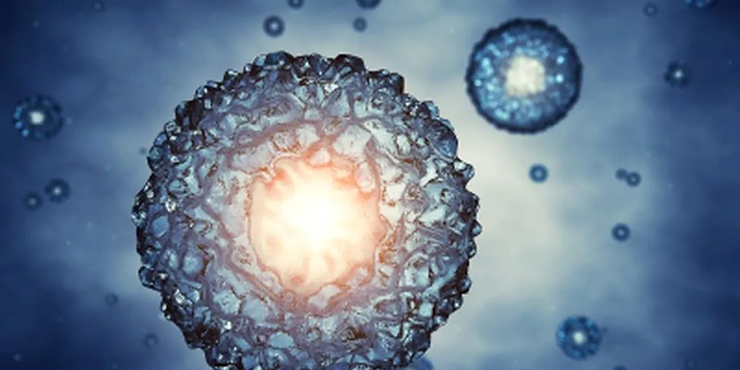By: Leon Chen
In a ground-breaking scientific discovery, researchers have developed the first “synthetic embryos” that are generated in a lab without the use of sperm, eggs, uterus, or even fertilization. This medical marvel was developed by a team of stem cell specialists under the direction of molecular geneticist Joseph Hanna from the Weizmann Institute in Israel. They could self-assemble into early embryo-like structures with a beating heart, a digestive tract, and the beginnings of a brain. All organs and tissues can be formed from stem cells. They were removed from mice for this discovery and cultivated in an artificial womb for eight days, during which time they formed all the structures.
Because no fertilized eggs were used in their creation, these embryos are referred to as synthetic. This revolution could provide us a better knowledge of how organs and tissues develop soon as well as what happens during the first period of human pregnancy. Therefore, the study may have significant effects.
This is a significant step since, in humans, many pregnancies end around this time for unknown reasons. Models help us better identify potential problems and may even provide light on potential remedial actions, according to University of Melbourne stem cell researcher Megan Munsie.
Most of the stem cells in the experiment, though, were unable to develop into structures resembling embryos. Only 8 of the 20-day mouse embryonic cycle could be sustained by the embryo model, which is currently seen as a significant drawback. The study’s principal investigator, scientist Joseph Hanna, said that the artificial embryos were not “genuine” and had no chance of becoming living creatures.
Some people criticized the team. “There is no reason at all for you to do that,” Scientist working on stem cells at the Institute of Molecular Biotechnology in Vienna, Nicolas Rivron, stated in an interview with MIT Technology Review. He added that in order to produce cells of interest, researchers should just construct “the minimal embryonic structure required.”
Nonetheless, regardless of where the scientists fall on the topic, it is agreed that this new achievement is a breakthrough in science, but it is still early to talk about the ethics of synthetic human embryos and further developments are required in the field.
Links:
https://www.washingtonpost.com/science/2022/08/01/synthetic-mouse-embryo/
https://ca.news.yahoo.com/world-first-artificial-mouse-embryos-121919114.html











